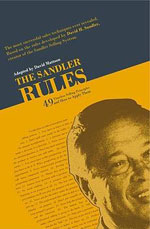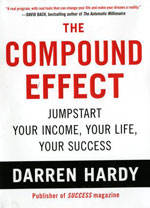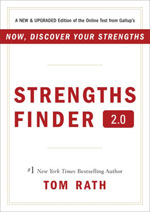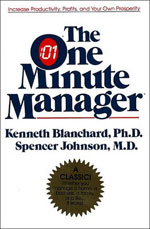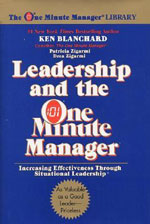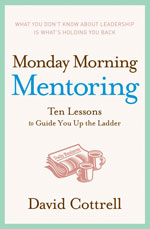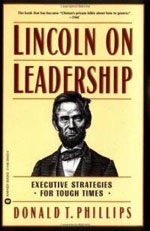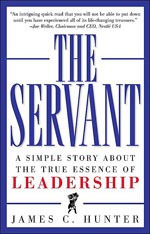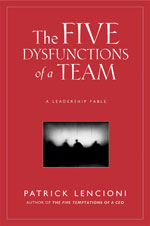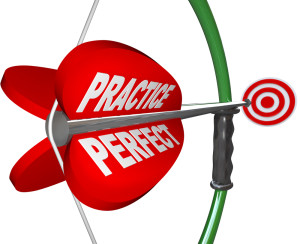 We see LeBron James soar through the air and slam dunk a basketball. We watch Peyton Manning throw a perfect pass while in double coverage right into the hands of his receiver for a touchdown. We sometimes assume that these individuals who accomplish extraordinary things have some sort of special gift that is unachievable. I am here to tell you there is no “Magic Pill” that can make you a great athlete or a great salesperson. Think back to your collegiate days or your early career experience: we all know people who have amazing talent but have not reached their true potential.
We see LeBron James soar through the air and slam dunk a basketball. We watch Peyton Manning throw a perfect pass while in double coverage right into the hands of his receiver for a touchdown. We sometimes assume that these individuals who accomplish extraordinary things have some sort of special gift that is unachievable. I am here to tell you there is no “Magic Pill” that can make you a great athlete or a great salesperson. Think back to your collegiate days or your early career experience: we all know people who have amazing talent but have not reached their true potential.
The path to greatness requires not only disciplined practice but also perfect practice. Last week we discussed the importance of having a sales script; this week we will discuss the importance of practicing our pitches until they are perfect.
Considered one of the greatest soccer teams in the world, Spain’s La Roja uses a simple drill to hone and perfect its players’ skills. This drill, known as the Rondo (“Piggy in the Middle” in the U.S.), has the team form a circle with two players in the middle. The players around the circle quickly pass the soccer ball back and forth while the two players in the middle attempt to intercept. This fast-paced drill enables the players to hone their reaction times and improve their ability to pass in tight quarters. Rain or shine, the Spaniards repeatedly run this drill before every single practice and game. You can see the drill here:
In order to master a sales script, you need to practice, practice, and practice. During a recent training class, some of our new hires not only pitched our products, but they did so repeatedly until the pitches became second nature. It is a well-known fact that if one practices specific actions and reactions a certain way, that person is far more likely to perform the same way on “Game Day.” Practice reinforces the permanence of good behaviors and habits and enables you to respond skillfully and solidly present the product, even in stressful situations in the OR.
With that said, after attending a training course or a sales meeting with tenured reps, I am often amazed when I get into the field with a TM. It is so easy to replace good behaviors that could have been perfected by practicing with those that do not achieve the desired results. We must practice, but we must practice with purpose. The concept of the “10,000-Hour Expert Rule,” popularized in Malcolm Gladwell’s book entitled Outliers, states that becoming an expert or perfecting a skill requires 10,000 hours of practice.
However, if you spend thousands of hours performing and practicing incorrect behaviors, you’ll just become better at doing something incorrectly.
In the grand scheme of things, it is not sufficient to just practice for 10,000 hours; rather, in order to become an expert, we must practice deliberately and with feedback, while always seeking to correct and improve upon errors. In other words, we are seeking perfect practice! If you’re serious about your business and your sales success, you owe it to yourself to take practice seriously. And remember, if you continue to make the same mistakes without correcting them, you won’t reach your full potential.
One of the greatest soccer teams in the world embraces the belief that practicing the fundamentals every day leads to greatness, and we can learn from this attitude. Once we leave a sales training or meeting where we learn about a new product and the skills necessary to effectively sell it, we must continue to practice with the intent to improve and master those skills. In addition, while practicing with your manager or peers, be careful to approach perfection correctly by seeking to improve your performance with each try. Understand that you will not be perfect all the time, and instead of becoming frustrated or quitting, learn from your errors and continue to improve.
Remember, you will perform as you practice, because practice doesn’t make perfect, but perfect practice does. With perfect practice comes perfect execution, success, and an increase in commissions!












